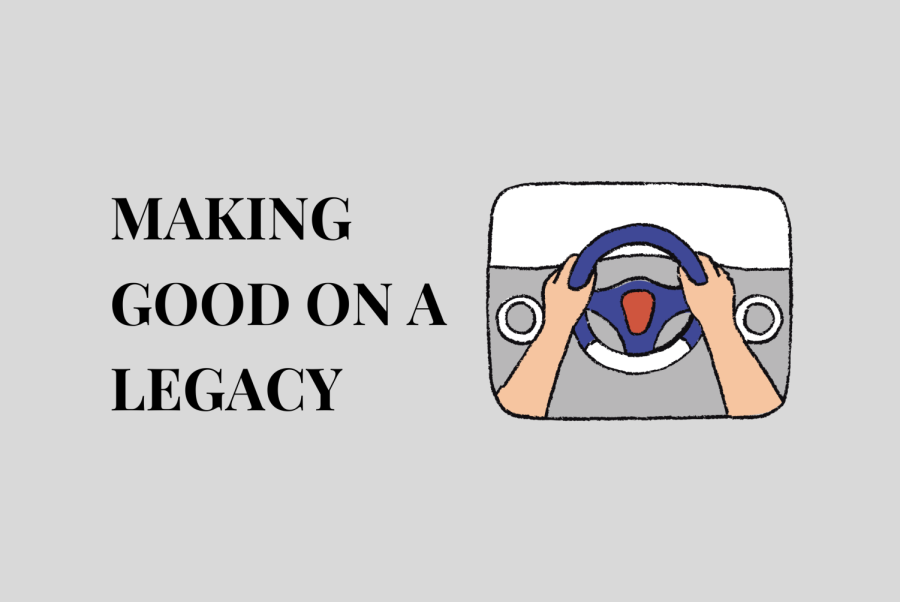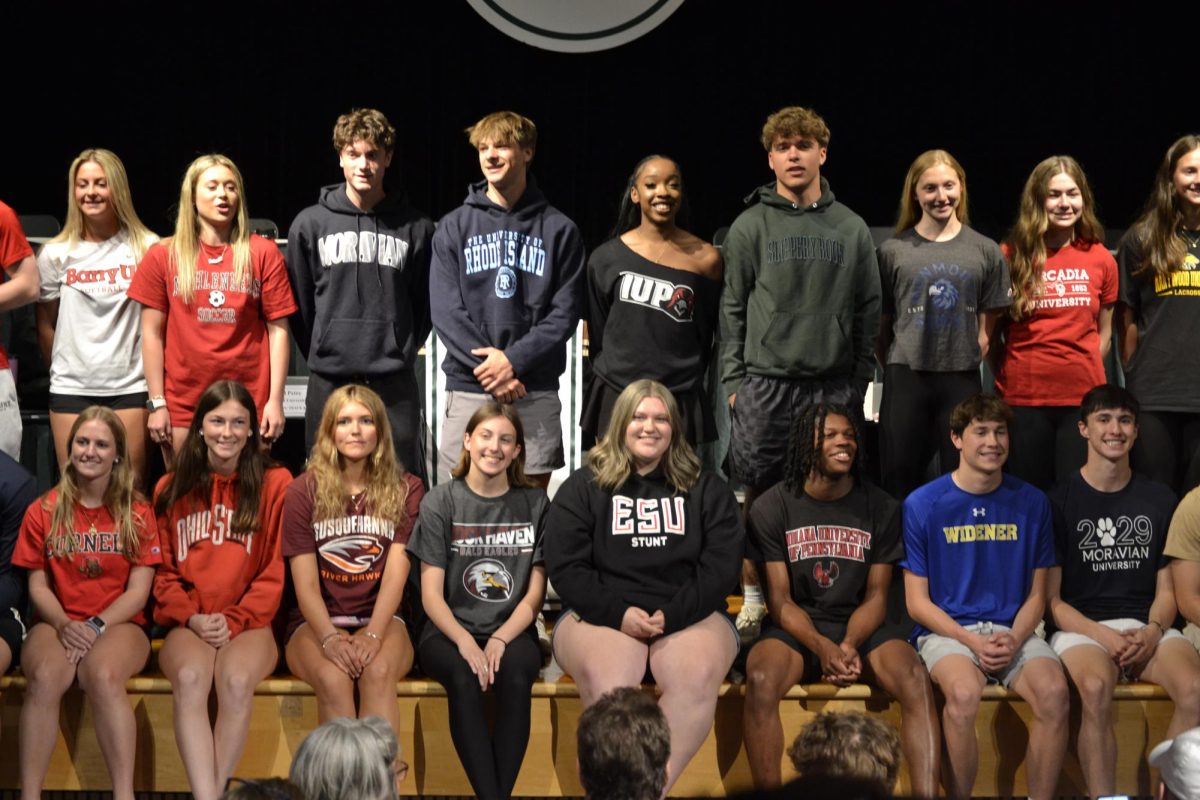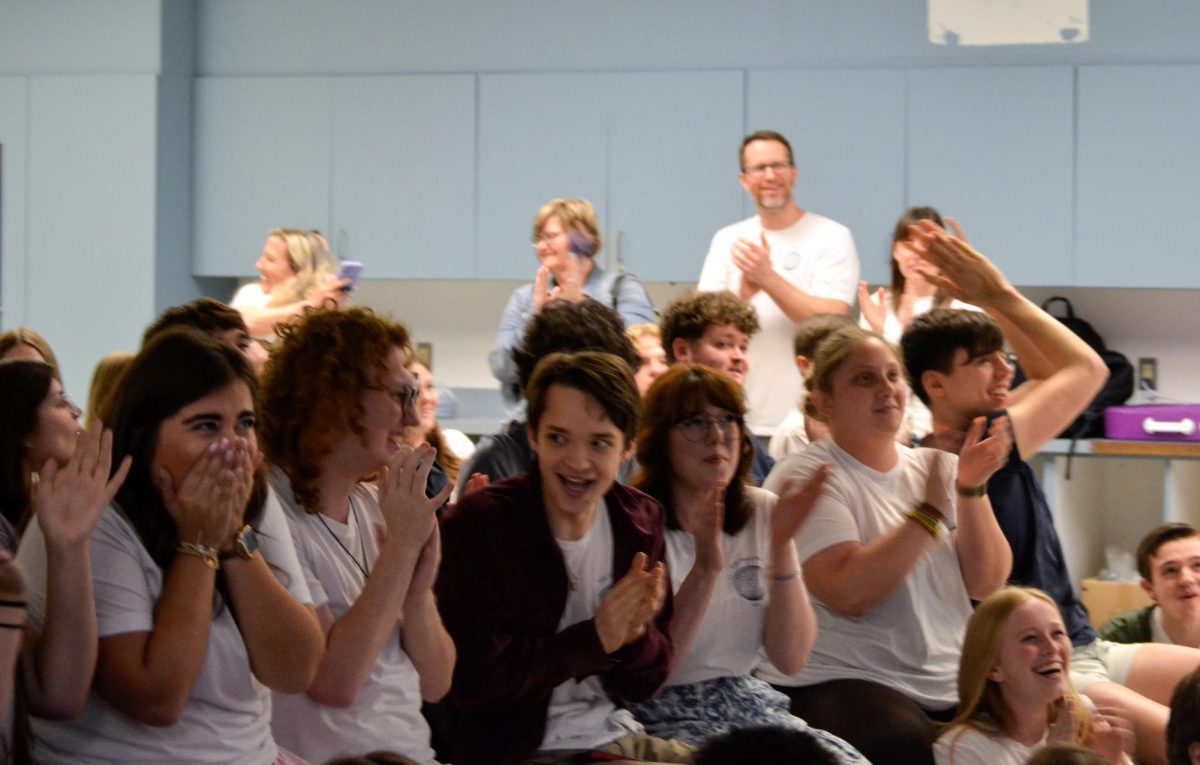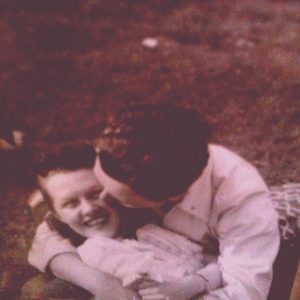Making good on a legacy
June 6, 2023
This previously ran in our April 2023 print issue.
I turned 16 recently. My first time driving was the day I got my permit. I drove around a parking lot, and my dad sat in the passenger seat. He held tightly onto the roof handle and his only advice was to slow down. Out of the corner of my eye, I saw his foot pressing into an imaginary break as he told me to slow down at least once a minute. He then checked me, telling me that he was much better his first time driving.
My dad immigrated to the United States when he was 16. He arrived with his widowed mother and little sister, neither of whom were fluent in English. My aunt pursued further education while my dad and grandma went directly into the workforce. It wasn’t until my dad was 19 that he got his license.
In the meantime, they all tried to support each other in a country that was foreign to them. They left everything they knew behind – family, friends, and their way of life. My dad’s side of the family had lived for generations in the Fujian province of China.
For his entire time here in the U.S., my dad has worked in Chinese restaurants. Eventually, he was able to open his own restaurant after marrying my mom. His mind is accustomed to work in stressful and fast-paced environments, which my mom quickly caught on to.
My mom grew up in Hong Kong. Unlike my dad, she got the opportunity to learn English through classes at her high school.
In my parents’ early years of marriage, my dad depended on my mom for translations, but even then, my mom’s English wasn’t the best.
My parents’ only focus was working and saving more money. They were away for 12 hours every day of the week. Even though we lived in a run-down area, my parents put so much effort into ensuring I had a comfortable childhood.
My mom helped me with my problems any time she could. My dad always promised that we would move to a better place. Whether or not my childhood naivete was strongly apparent, I know my parents at least partly influenced my hope.
When we moved from a small apartment to here, my parents’ hobbies and interests began to show as they started closing their restaurant on Mondays. My mom got into 3D puzzles and geometry. My dad repainted the walls and remodeled our basement. Together, they designed and constructed our backyard into the garden they used to plan and talk about. For the first time ever, I saw their ambition. I saw relief in their eyes after having looked at their tired faces for years.
My parent’s ambitions, though, will most likely never be their priority. They admit themselves that their lack of English fluency is preventing them from reaching their potential; and because of their heavy work schedule, they will most likely never properly learn English.
Though the U.S. does not have a national language, it’s evident that English speakers have a much better advantage than those who aren’t fluent.
This is the typical story of first generation immigrants in the U.S., my parents’ story is not unique. The majority of first generation immigrants work in borderline blue collar jobs because once they’ve started they can’t stop. My experiences fall under the umbrella of the lives of first generation kids.
I consider my parents’ restaurant my second home. When no one was available to babysit me, my little brother and I would spend the day at the restaurant. It felt like a miracle when my parents had a break, and much like other first generation parents, free time is a miracle for them too.
As a first gen, my promise to my parents is to ensure I have a stable future. My promise to make sure that I can create a life where I don’t have to drag my mind and body through the laborious work my parents had and have to endure.
The biggest wish my parents have for me is to reach my potential knowing that their sacrifices paid off. They tell me that one day everything will be worth it because for each of my successes their back pain, calluses, and sore muscles are slowly shaved away.











